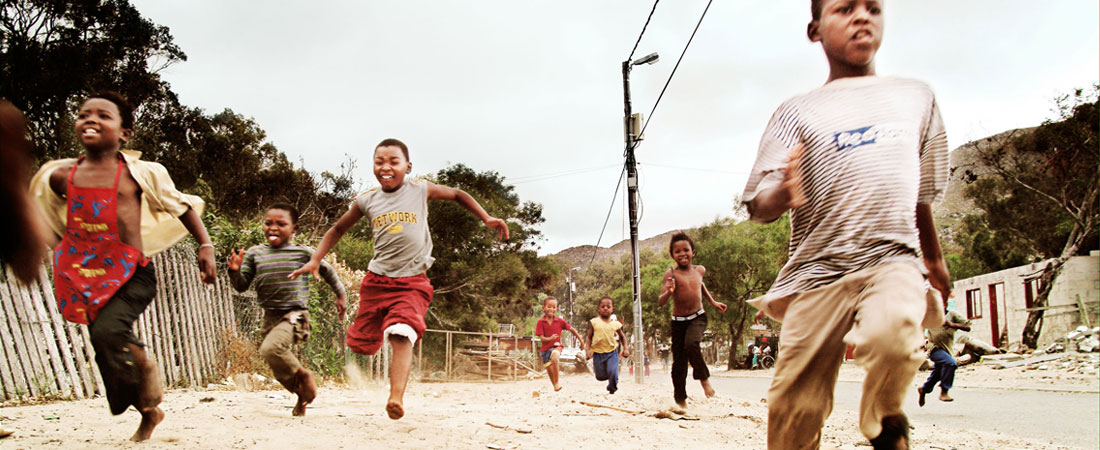Policymakers worldwide are looking to neuroscience for an understanding of child development and, in particular, the effects of poverty on child development. Their interest has been sparked by new research on the neuroscience of poverty, which has revealed neural differences associated with poverty and identified possible environmental causes for them. But, this research has been carried out mainly in affluent societies. How well do their findings generalize to poverty in low and middle income countries (LMICs)?
The overall goal of this project is to evaluate the relevance of current neuroscience to the problems of global child poverty. We will hear from leaders in child poverty policy from international development organizations and from scientists at the forefront of poverty neuroscience, in a day of didactic lectures and panel discussions
Speakers:
- Sebastián Lipina – National Scientific and Technical Research Council – Argentina
- Florencia Lopez-Boo – Inter-American Development Bank
- Kaja Jasinska – University of Delaware
- Charles Nelson – Harvard University; Boston Children’s Hospital
- Kimberly Noble – Columbia University
- Margaret Sheridan – University of North Carolina at Chapel Hill
- Jere Behrman – Economics, Penn
- Petra Todd – Economics, Penn
- Martha Farah – Psychology, Penn
- Allyson Mackey – Psychology, Penn
- Sharon Wolf – Graduate School of Education, Penn
Supported by:
- The SAS Dean’s Global Initiatives Fund
- The Center for Population Studies
- The Penn Institute for Economic Research
- The Center for Neuroscience & Society
Details
When: February 14, 2019 at 8:45 am – 5:30 pm
Event Agenda: View as PDF
Venue: Perry World House, 3803 Locust Walk, Philadelphia, PA 19104 (directions)
For those who could not make the event in person, the livestream recording can be found here.
